While the number of Americans underserved by the financial system is declining, underbanked and unbanked households still face many challenges.
The pandemic has also put additional strain on lower-income individuals and families who do not have access to a bank account.
In this article, we will be looking at who the underbanked are, what issues and challenges they face, and some possible solutions to this problem.
What Does it Mean to be Underbanked?
The OCC, an acronym for Office of the Comptroller of Currency, defines the underbanked as those people who have little to no access to bank products and services.
The list of underbanked individuals and households includes those who:
- don’t have any bank accounts
- have bank accounts but make use of alternative products and services
- have low credit profiles, limiting them from obtaining credit
For reference, the OCC is an independent branch of the Department of Treasury here in the U.S.
They have several responsibilities, including chartering, regulating, and supervising all national banks and federal savings associations.
Research also tells us that people who earn low-to-moderate income or form part of a minority group are more likely to be underbanked.
Later in the article, we’ll cover some of the top reasons people give for not having a bank account before exploring some of the myths that put people off from applying for traditional banking products and services.
In most cases, the underbanked use products that are less than ideal for everyday financial needs. These can include money orders to make payments or payday loans to make up for shortfalls.
More often than not, while these provide a short-term fix, they exuberate the long-term problem.
Underbanked Population in The U.S.
When looking to understand how many people are underbanked, we run into a bit of a problem.
The FDIC (Federal Deposit Insurance Corporation) publishes a yearly FDIC Survey of Household Use of Banking and Financial Services. In this report, the FDIC looks at the unbanked and banked population.
Unfortunately, there is no data about those who live between the two.
However, the report does tell us that 5.4% of the household population in the U.S. is unbanked – with no bank accounts whatsoever.
Although this number is an estimate, it does tell us that around 7.1 million people do not have any bank accounts.
We saw earlier that the underbanked represent more than just those who do not have any bank account. We do, however, know from the report itself that the underbanked are decreasing in numbers. The latest figures show that the percentage of unbanked is the lowest since the report started being published.
The report also shows the highest number of unbanked reside in the South (6.2%), followed by the Midwest (5%) and the West (4.9%).
Underbanked vs. Unbanked
It is essential to understand that unbanked and underbanked are not the same. Understanding what these differences are can help us make sure that nobody is marginalized or forgotten.
Unbanked
As we saw earlier, the FDIC national survey of the unbanked shows that 94.6% of U.S. households are banked; that is to say, someone in the household has at least one bank account. Being in the banked category does not necessarily mean that everyone is in the same situation – a percentage of those are underbanked.
Underbanked
While the underbanked might have a bank account, this does not mean they have access to the same accounts, perks, and features as those considered fully banked.
In many cases, the products and services available to the underbanked can be a problem that may put them at a disadvantage. We will discuss this in further detail in the next section.
Why Are People Underbanked?
There are several different reasons why someone might fall into the underbanked category.
Of course, we have to appreciate the uniqueness of everyone’s situation, so there might be more than one reason why some might find themselves underbanked.
Too expensive
Many believe that bank accounts charge exuberant fees – which cost more than they can afford. In the same vein, many might not have enough money to meet the bank’s minimum requirements, including minimum opening deposit and minimum balance.
Trust
Another common reason for not opening a bank account is a lack of trust in the banking system itself. There are many reasons why this might happen, including bad past experiences, hidden fees, bad publicity, and misinformation, among others.
Bad credit score
Many also believe that their credit score isn’t high enough to open a bank account. Low credit scores could be due to past issues or insufficient transaction data to generate a high enough credit score.
Learn More:
Perception
One common misconception is that banks are only interested in serving the wealthy. Such misconceptions can put those of modest means off from opening a bank account.
Documentation
In 2001, the USA Patriot Act came into force. This act includes what is known as CIP – Customer Identification Program. The program requires banks to verify the identity of customers opening an account, usually through their SSN (Social Security Number). These requirements can put those without such documentation at a disadvantage.
Underbanked Challenges
The underbanked may face a raft of challenges that those with a bank account do not have to face.
Such challenges can put them at an even more significant disadvantage, compounding the problems underbanked individuals face.
- Fees: Underbanked often end up using financial services that cost a lot more in the long run. While there might not be any monthly fees, the cost of financial transactions (like check cashing) is often higher. That means it may cost more over a long period.
- Convenience: Banks provide a certain level of convenience that the underbanked often miss out on without knowing. One such example is the cashing of checks. Most if not all banks offer mobile check deposits, allowing customers to deposit a check as quickly as taking a picture with their phone. Another is bill pay, which allows customers to pay bills online easily.
- Protection: The FDIC insures banks while the NCUA insures credit unions. Both are highly regulated and must adhere to many checks and balances, ensuring that customers are adequately protected.
- Access: One other challenge the underbanked face is adequate access to different financial products and services. The lack of access can put those who do not utilize banks at a disadvantage and may become victims of schemes such as predatory lenders.
- Future: Bank accounts are imperative to building a healthy credit score. In turn, this opens doors to mortgages, credit cards, and other financial products and services that can contribute to a sound financial future. Without a financial history and a good credit score, access to these products and services can be much harder, limiting the available options.
Underbanked Solutions
If you’re underbanked or unbanked, you’ll be glad to know that banking services are available to you.
With several projects dedicated to community development and a changing banking landscape, getting a checking account with a debit card, a small business account, or anything in between is now easier than ever.
Financial education
One important thing to mention here is the importance of financial education.
While this will not provide low-income people with more money, it provides a robust financial foundation to build a stronger future.
Many online resources offer free financial education, including many banks that have realized the importance of education.
The important thing is to do your research. Remember that a journey of a thousand miles begins with a single step.
Fintech
Earlier, we mentioned online banks as an alternative financial services provider to traditional banks.
Fintech companies offer traditional accounts such as savings accounts and checking accounts and can even help you build your credit score.
Neobanks are another type of fintech bank that makes it easy to apply for and hold a bank account.
There are no monthly fees in most cases, but you need to be aware of overdrafts – something that should be within your control with a bit of planning and foresight.
| Bank | Bonus | Expires | Requirements | |
|---|---|---|---|---|
| up to $300 | June 30, 2024 |
|
Learn More | |
| $200 | Limited Time |
|
Learn More | |
| $10 | Limited Time |
|
Learn More | |
| $150 | Limited Time |
|
Learn More | |
| $100 | Limited Time |
|
Learn More |
Debunking Banking Myths
While getting a bank account might not always be easy, a lot of the information on bank accounts is myths and half-truths.
Such information can unnecessarily harm those who would otherwise opt to get a bank account, denying them the opportunity to pursue their financial goals.
So, let’s look at the top reasons the underbanked give for not opening a bank account and see if they hold up to scrutiny.
Bank accounts are expensive.
While top-tier bank accounts may very well come at a premium, many new banks offer accounts with little to no fees.
Online banks, in particular, have fewer overheads than traditional banks and can offer practically free accounts.
Banks are untrustworthy.
As mentioned earlier, banks are highly regulated. Deposits are insured, so you’re practically guaranteed that you’re never going to lose your money. Online resources can also help you learn about other customers’ experiences, thus making you a better judge of how a particular bank treats its customers.
I have a bad credit score.
While a bad credit score can hinder you from opening many accounts, several financial institutions offer what are known as second-chance accounts.
These accounts are designed for people who have a bad credit score, and in most cases, no checks are carried out.
Moreover, these accounts help account holders build a stronger credit score, thus qualifying for a standard account and the many other products and services banks offer.
Banks are only for the rich.
While rich people use banks a lot, they mostly use private banks rather than the personal banks most people use.
Banks are also more likely to make money from their less wealthy customers through loans and mortgages – one of the primary revenue streams for banks.
I don’t have the right documentation.
While most banks require an SSN (Social Security Number) to open an account, many accept alternative verification methods.
One such method is the ITIN (Individual Taxpayer Identification Number).
Several initiatives encourage immigrants to use traditional bank accounts, so it’s always worth checking if another form of documentation is accepted.
Learn More:
Our Final Word
Financial inclusion is a crucial topic that affects everyone. The good news is that there’s more awareness with discussions held at different levels – from nonprofit organizations to institutions such as the federal reserve.
One other good news is that underbanked households have many alternatives to lean on that can help them build a solid foundation and a brighter future.
The important thing here is always to do your research and understand what your goals are. Equally, we must understand our limitations and overcome them rather than let them stop us from achieving our dreams.
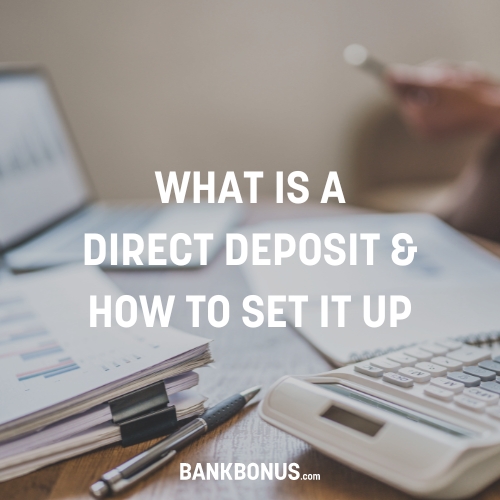
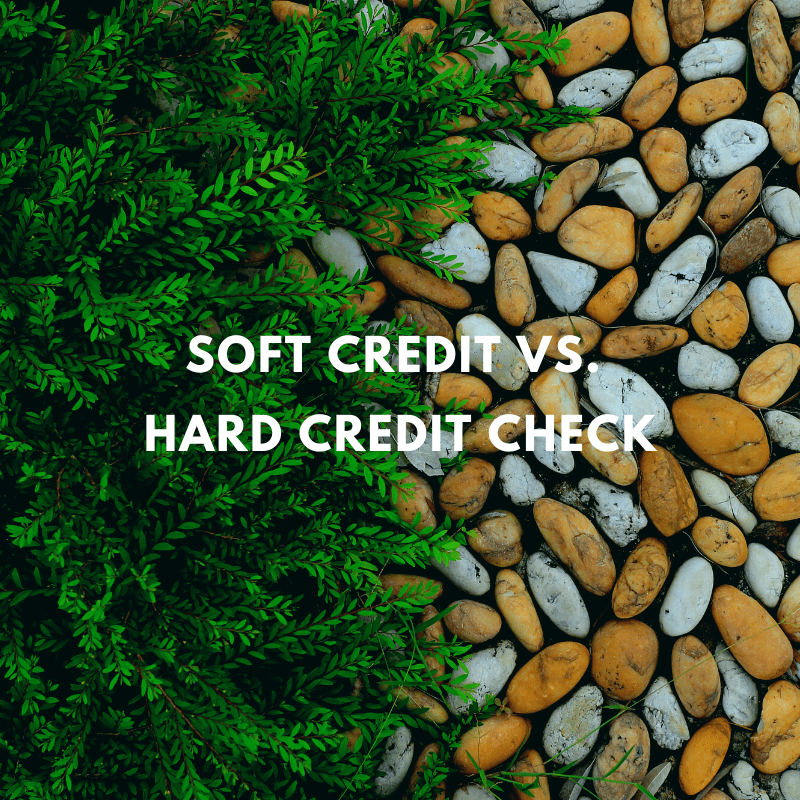
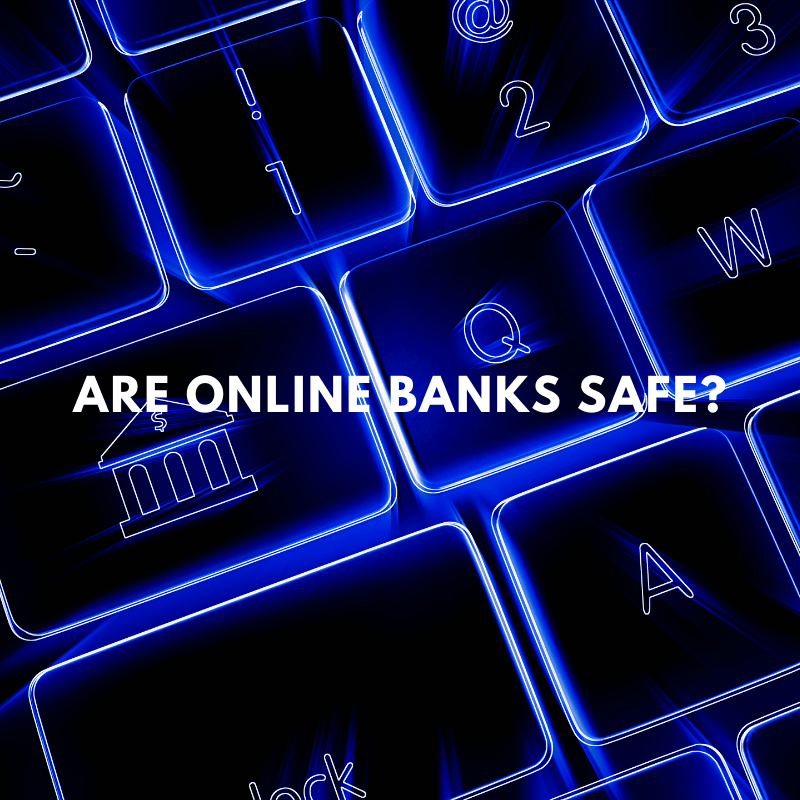
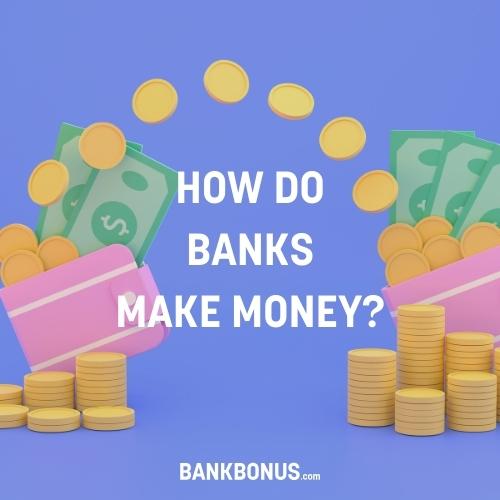
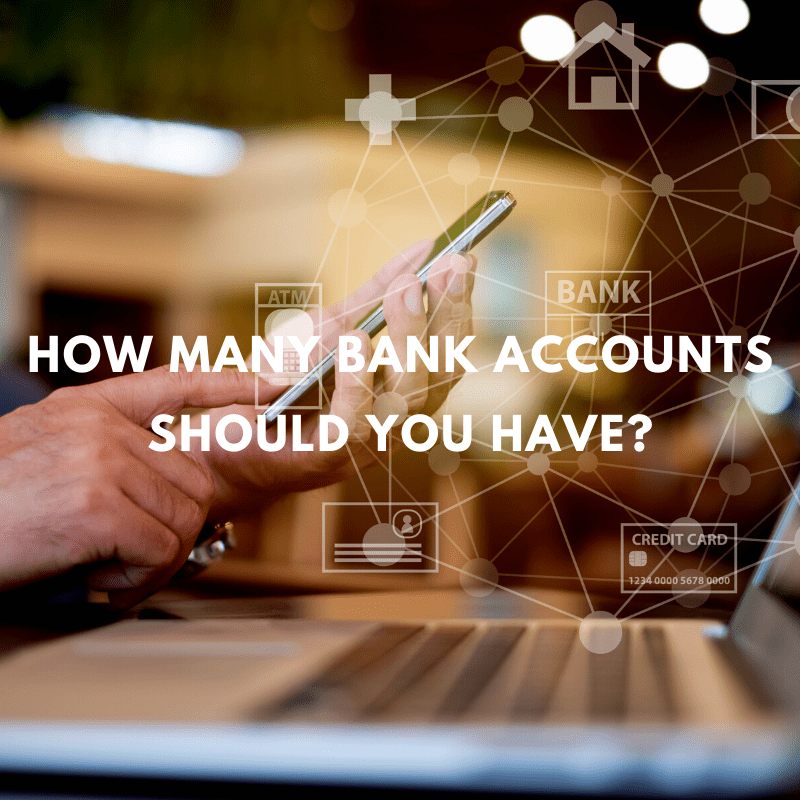
Comments are closed.
Comments are closed here.